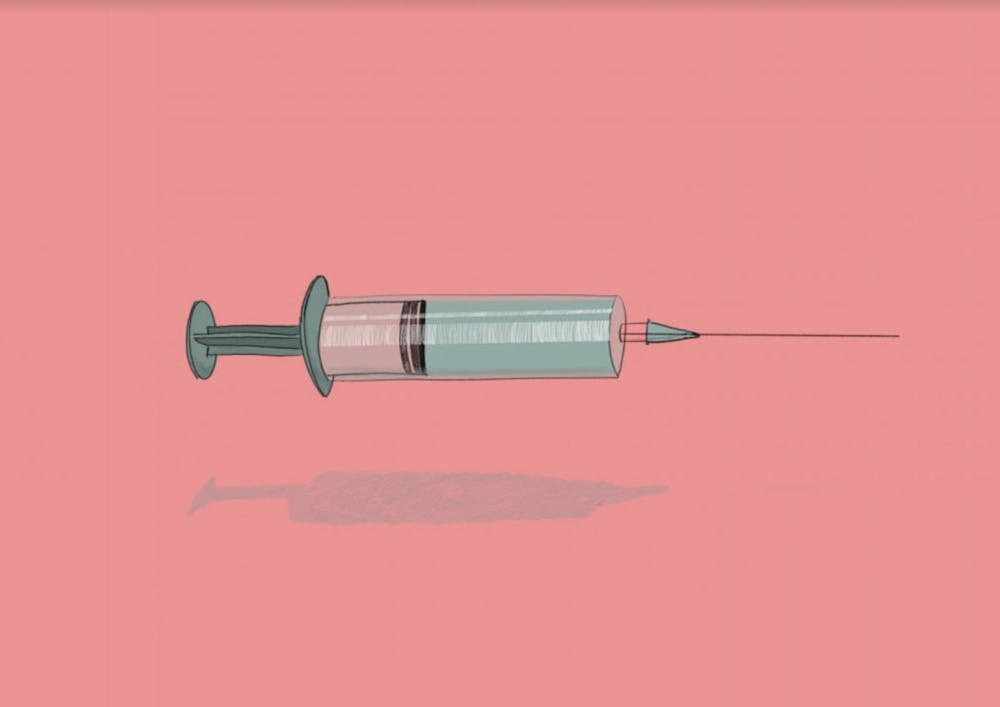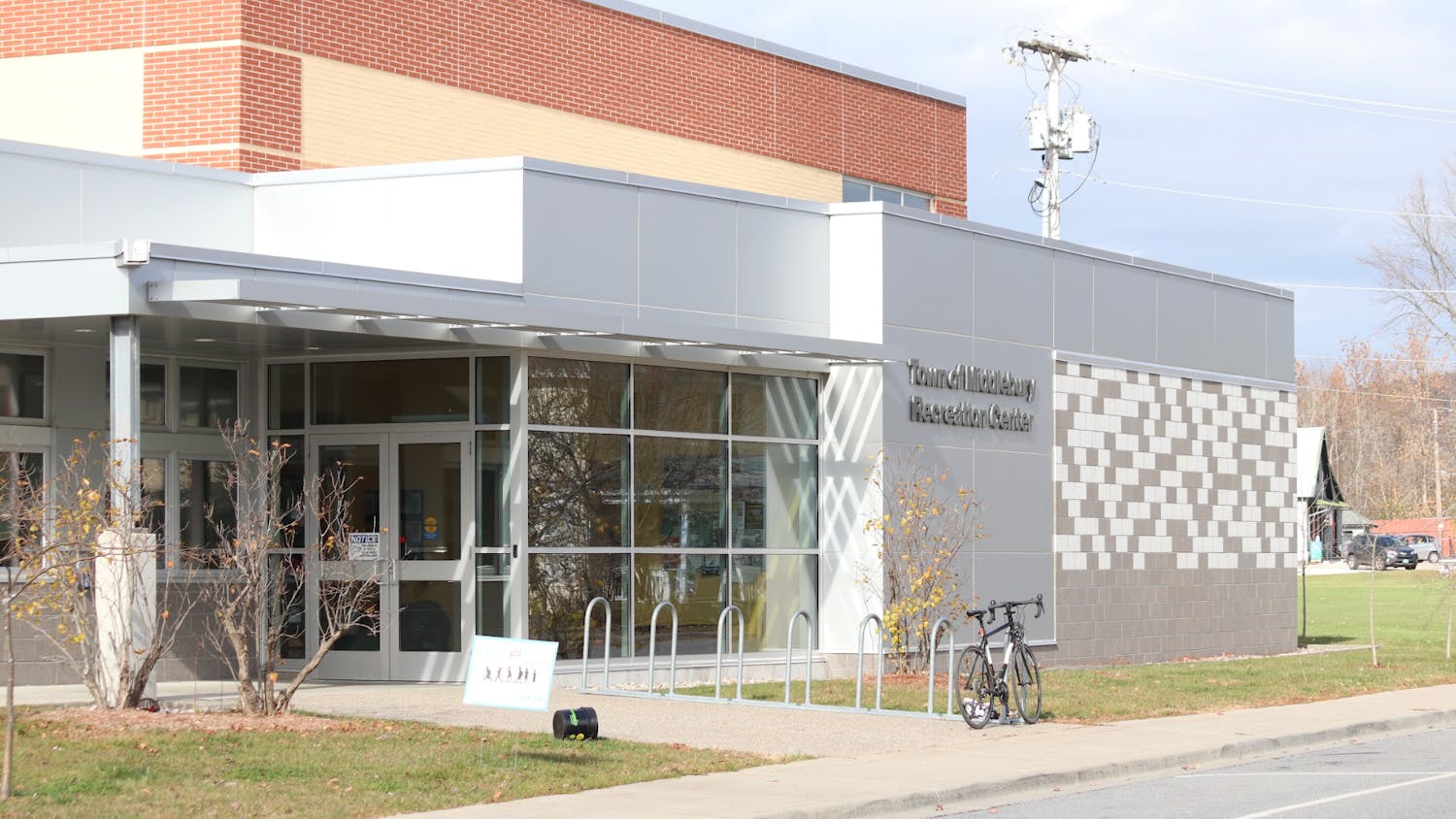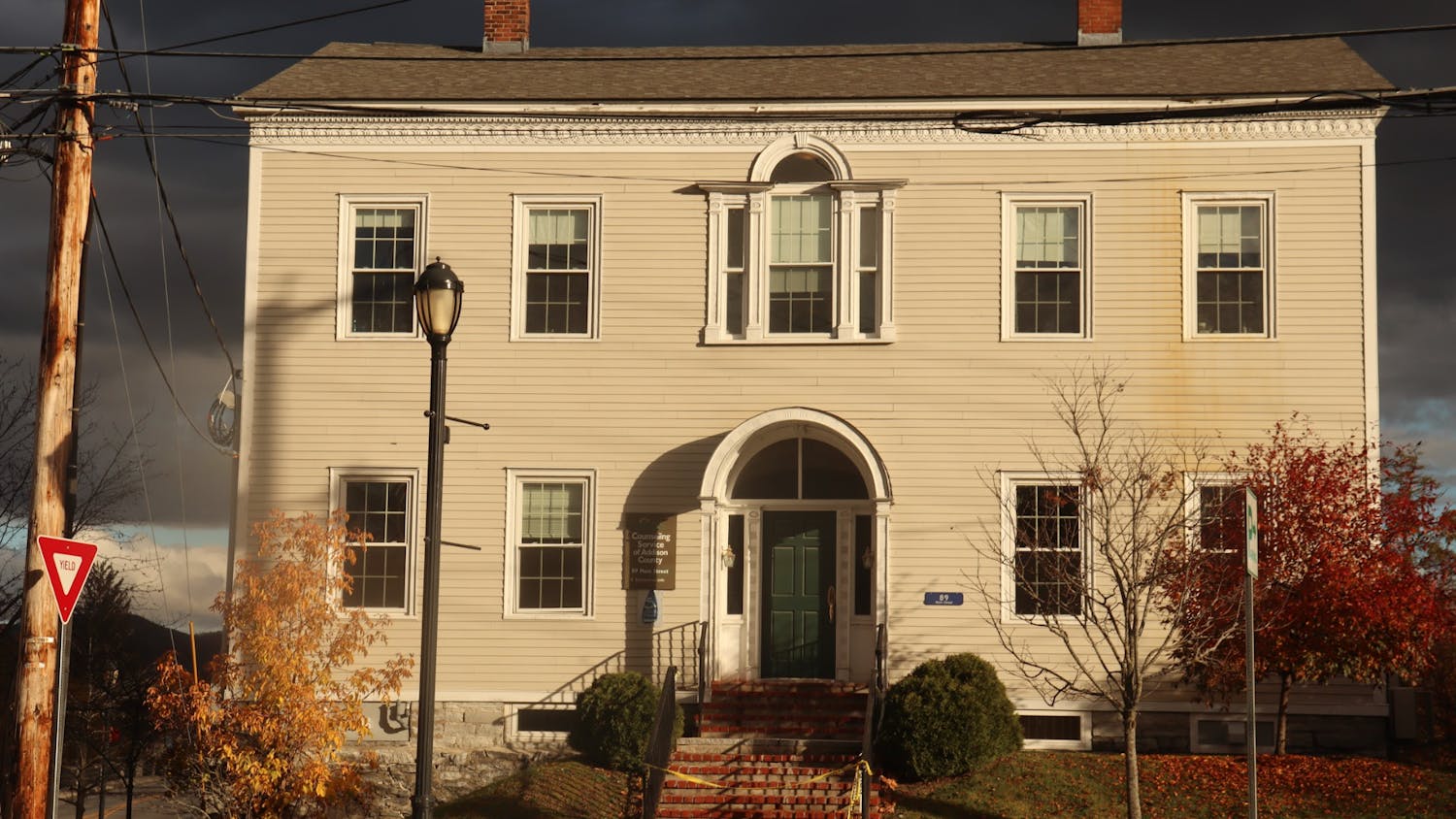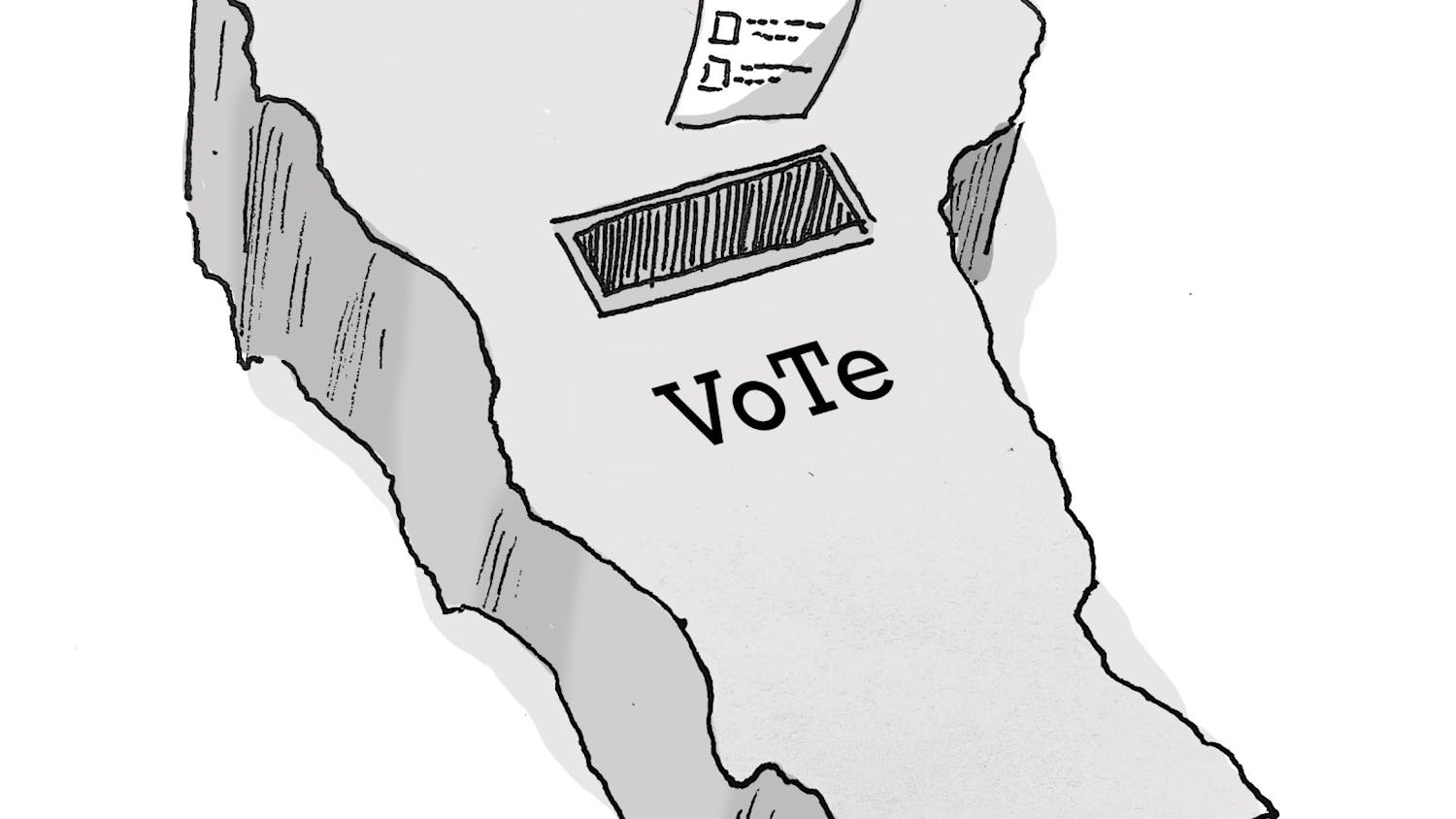The state plans to close all walk-in Covid-19 vaccination clinics by Jan. 31, according to the Vermont Department of Health. In preparation for this closure, clinics statewide have begun transitioning to new hours. These new operating hours, which started in December, include more availability on weekends and evenings, with the intention of encouraging more Vermonters to seek vaccination around the holidays.
According to data from the Vermont Immunization Registry, the state has administered between 500,000 and 1 million vaccine doses since the start of the pandemic, including to both Vermont and out-of-state residents.
The state vaccine dashboard also shows that nearly 500,000 Vermonters have completed their primary vaccination series, with just under 200,000 of those receiving the newest bivalent booster. This means that 79% of Vermont residents have completed the primary series, while just 32% of Vermonters over the age of five have received the bivalent booster.
In Addison County, the vaccination rates are slightly higher than those statewide, with 83% of the county receiving the primary series and 41% receiving the bivalent booster. Vermont residents who are 75 or older had the highest rates of bivalent booster shots, with age and vaccination rates increasing concurrently.
The Vermont Department of Health stated that the reason for closing state-run walk-in clinics is due to the success of the clinics in meeting the high demand for Covid-19 vaccines and because of the widespread availability of vaccines.
“Vaccines are now widely available at doctors’ offices, pharmacies and other locations,” the department wrote in a tweet on Jan. 4.
The vaccine will also remain available at some community-run clinics, such as those put on by the Vermont Health Equity Initiative. The Health Equity Initiative clinics will continue to offer free bivalent boosters and flu vaccinations to BIPOC Vermont residents and all members of their households following the closure of state-run clinics. However, these clinics are far less ubiquitous than the state-run walk-in clinics.
In addition, demand for Covid-19 vaccinations has decreased significantly in recent weeks, further motivating the state to shut down its walk-in clinics. In an early January interview with VTDigger, Monica Ogelby, immunization program chief for the health department, said that the state administered just 20,000 doses in December, despite increasing weekend and evening availability in the clinics. This drastically decreased demand added to the state’s decision to discontinue its walk-in clinics.
Respiratory illnesses such as Covid-19 and the flu generally follow a seasonal pattern, with the highest rates of infection occurring during the winter months. Accordingly, closure of the walk-in clinics coincides with the end of the ideal window to be vaccinated. Receiving a vaccination before the end of January is the optimal way to protect yourself and others, Ogelby told VTDigger.
Vermont has kept its walk-in clinics open comparatively longer than a number of other states. States such as Texas and Illinois permanently closed analogous clinics at the beginning of 2022, opting not to bring them back to distribute the bivalent booster.
A full list of sites offering the bivalent vaccine both in Addison County and statewide is available on the state’s Immunizations and Infectious Disease webpage.




